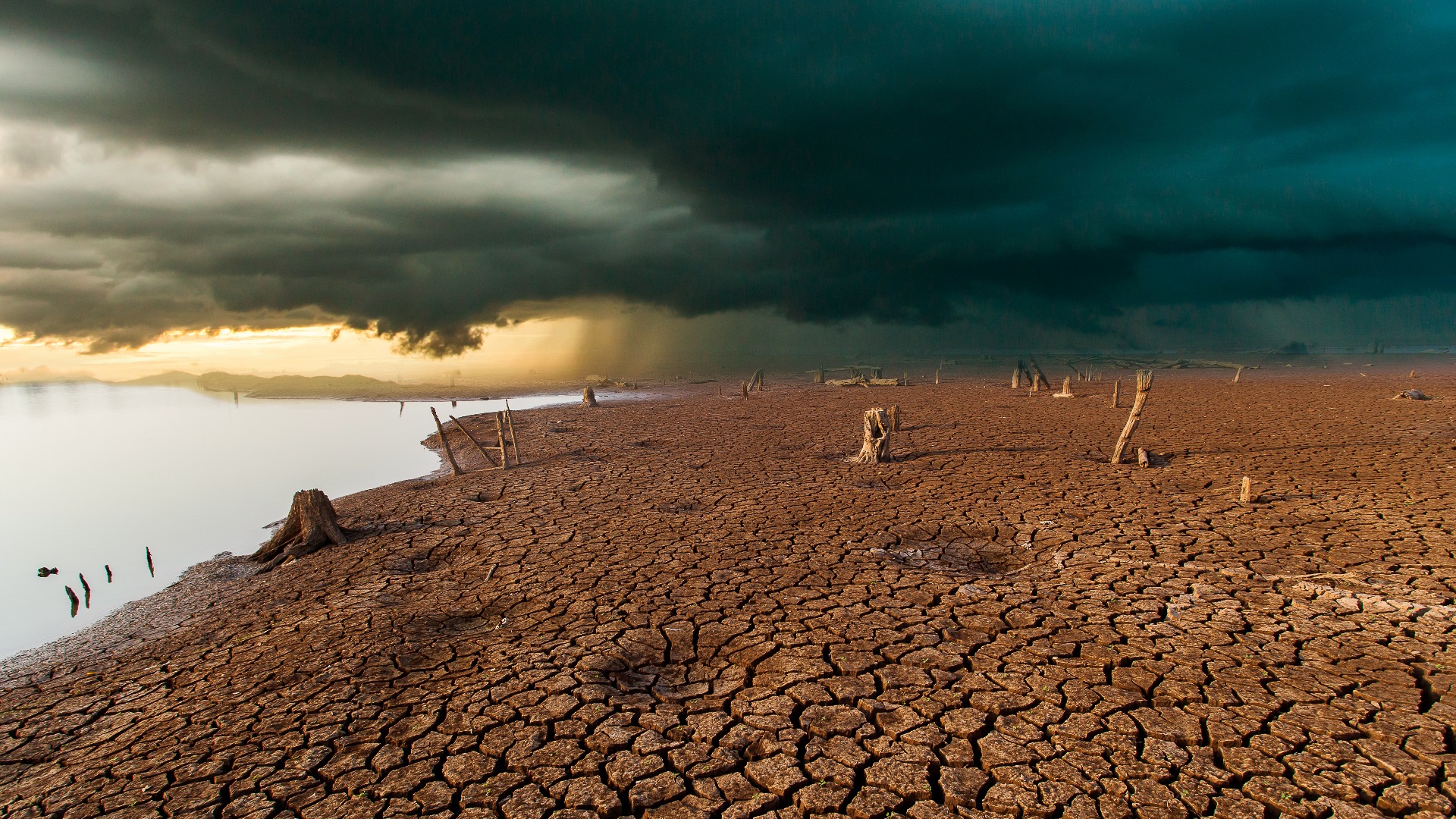
How Tourism Is Impacted By Climate Change

Emerging severe weather trends are predicted by tourism agencies and experts to cause a permanent change in visitor behaviour.
Heatwaves are expected to grow more frequent and severe in Europe, according to climate scientists. These weather events may soon dampen people's desire to travel.
The European Travel Commission (ETC) reports that many are already planning trips to more temperate regions, during spring or fall to escape extreme heat, drought, and wildfires.
After the scorching and drought of the summer of 2022, ETC data reveals that the number of travellers planning to visit the Mediterranean area has decreased by 10% from last year. The research also indicated that 7.6% of people who intend to travel over the summertime perceive extreme weather to be a serious barrier to their plans.
Uncertain weather patterns in the future are expected to have a bigger influence on travellers' choices in Europe. According to forecasts, the remaining months of summer 2023 have the potential to break Europe's existing record high temperature, set in August 2021 in Sicily at 48.8 degrees Celsius. Consequently, travellers are increasingly drawn to "cooler places" in the continent.
This summer, the Mediterranean has seen a surge in visitors thanks to a wave of "revenge tourism" in the wake of the COVID pandemic. However, as news of tourists being airlifted off of Italian and Greek coastlines emerges, so do concerns about the regions' increasingly severe weather conditions, particularly the risk of catastrophic fires.
Some European nations' governments have issued warnings to remain inside during the warmest parts of the day, and "cooling stations" have been set up in towns with high tourist populations.
Businesses dependent on tourism in the afflicted areas are worried since their income is expected to decrease as a result of the heat wave, and will decrease even more if visitors decide to avoid the impacted areas altogether.
The United Kingdom's Department for International Development issued a new travel recommendation in July, urging Britons to be aware of the high temperatures and the potential for flames when visiting Greece, Italy, and Spain.
The tourist industry is especially susceptible to the effects of global warming. From sunny beaches to alpine mountains, all areas are under jeopardy. Rising sea levels, harsh weather, and higher average temperatures are all having an effect on ecosystems and human societies as a result of global warming. There has been a reduction in beach space, bleaching of coral reefs, and the drying up of snow in mountain resorts.
On the other hand, the tourism industry is affected by global warming but also contributes to it. The travel industry is responsible for 8% of all global greenhouse gas emissions. This imprint will increase as the number of annual travellers increases.
While airplanes account for the bulk of these emissions, other causes include using the air conditioner at a hotel or going on a boat trip. In addition to these direct emissions, the degradation of carbon-sink ecosystems is another negative consequence of tourist expansion.
Without measures to lessen tourism's carbon footprint and make the business more sustainable, the industry might have disastrous effects on the environment and human life.
Source: travelnews.co.za








